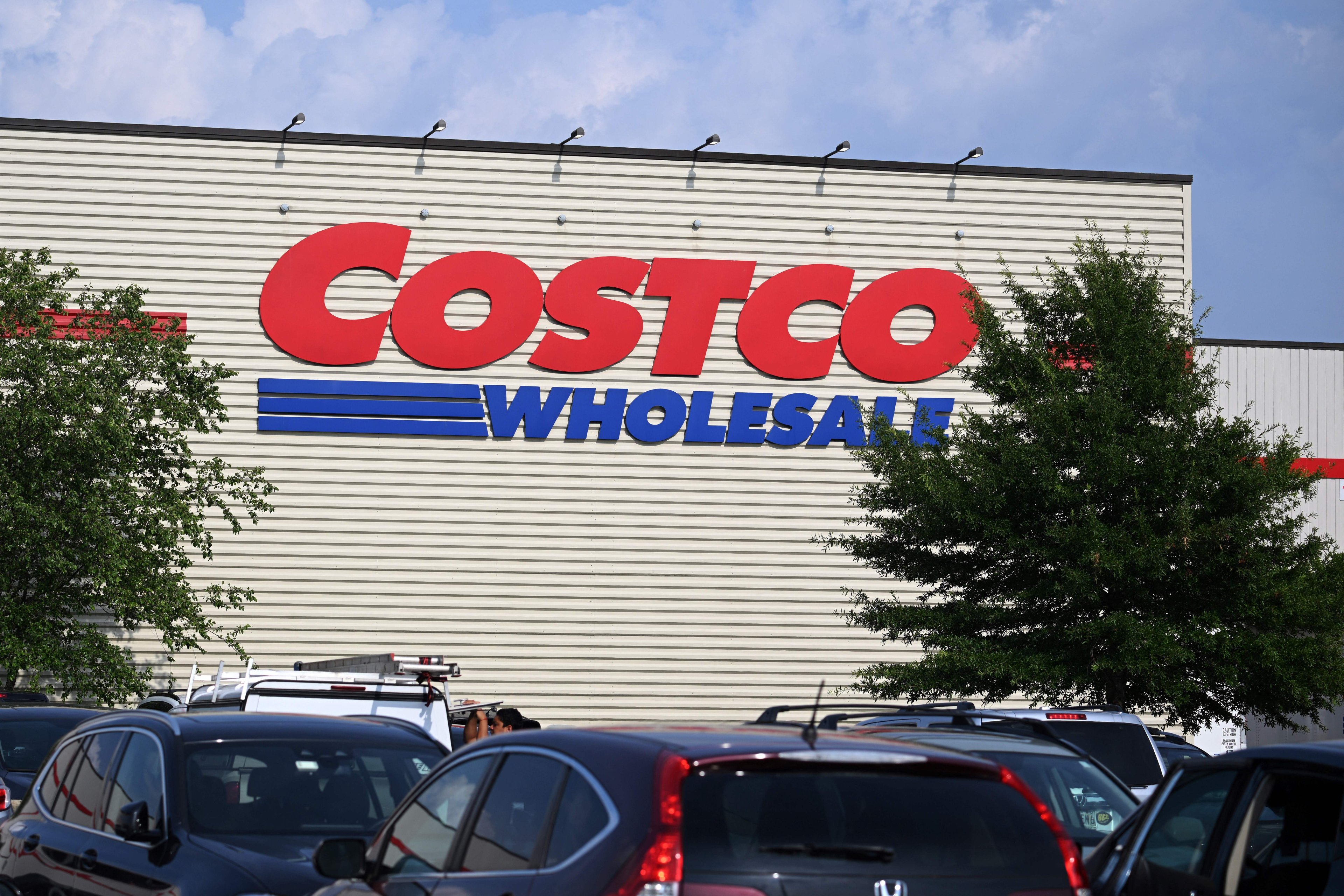Buying stocks in the retail sector can prove tricky. That's because a lot of things can happen quickly, such as changing consumer tastes, a failure of the retailer to adapt, or missteps that prove difficult to overcome.
It's important to keep those factors in mind when analyzing companies in the sector. Costco Wholesale (COST +0.72%) and Kohl's (KSS 3.32%) have both been around for a long time, but their results and stock prices have gone in different directions.
Can Costco keep the momentum going, or does Kohl's represent an opportunity to buy the shares at an attractive valuation?

Image source: Getty Images.
Costco
Most people have heard about Costco. It's become widely known for its spacious warehouses that sell items in bulk. The company charges people an annual fee to shop at its clubs, and members receive a very large array of goods and services at attractive unit prices.
That may sound simple, but Costco has been executing the concept very well for a long time. You can see the proof in renewal rates, which have consistently hovered at about 90% for a long time. In the fiscal third quarter, which ended May 11, renewal rates were 92.7% in the U.S. and Canada.
They've remained high despite Costco implementing an increase in the annual membership (the first time in seven years) at the start of the fiscal year. Clearly, shoppers still find the membership valuable.
Memberships continue to grow. There were 79.6 million paid members at the end of the third quarter, up from 76.2 million as of Sept. 1, 2024.
With this success, Costco continues to expand. It had 905 warehouses at the end of May compared to 890 at the start of the year. Management typically opens 20 to 30 clubs per year.
Fortunately, the expansion doesn't come at the expense of profitability. Its third-quarter operating income grew 15.2% to $2.5 billion.
Naturally, this success isn't lost on investors. The share price has gained 203.8% over the last five years through July 14, handily outpacing the S&P 500 index's 98.7%.

NASDAQ: COST
Key Data Points
The market expects continued profitability growth. Costco's stock has a price-to-earnings (P/E) ratio of 56 compared to 30 for the S&P 500.
Kohl's
Kohl's offers moderately priced merchandise across various categories like apparel, footwear, beauty, and home products. The offerings don't seem to be hitting the mark since the retailer has seen sales and profits sag for some time, however.
Over the years, management has attempted to boost traffic and sales through various initiatives like integrating Sephora beauty shops at Kohl's retail locations and providing a place to return Amazon merchandise.
Nonetheless, these steps haven't boosted the top line. Fiscal 2024 same-store sales (comps) dropped 6.5%, and earnings per diluted share fell about 47% to $1.50. This covered the period that ended on Feb. 1. This fiscal year got off to a rough start with comps falling 3.9%.
Can management pull off a turnaround, allowing patient investors to prosper? Certainly, management doesn't foresee a quick turnaround. It projects this year's comps will drop 4% to 6%, and diluted earnings per share (EPS) will fall to $0.10 to $0.60.
Additionally, the company has cycled through CEOs, with its latest, Ashley Buchanan, getting terminated after only a few months in the role. The lack of stable leadership makes it tough to create and execute a long-term turnaround strategy.
Earlier this year, the board of directors slashed the quarterly dividend to $0.125 from $0.50 a share. That typically doesn't indicate a company's confidence it its future.
Over the last five years, the share price has lost more than 55%. The stock has a P/E multiple of 9.

NYSE: KSS
Key Data Points
The selection
Clearly, Costco is the better-run company. It's been executing well for a very long time, and growth opportunities remain. While the valuation looks rich, and certainly more expensive than Kohl's, I'd rather pay a premium for a well-run company.
Despite the valuation, I'd stay away from Kohl's since a turnaround seems unlikely right now.






